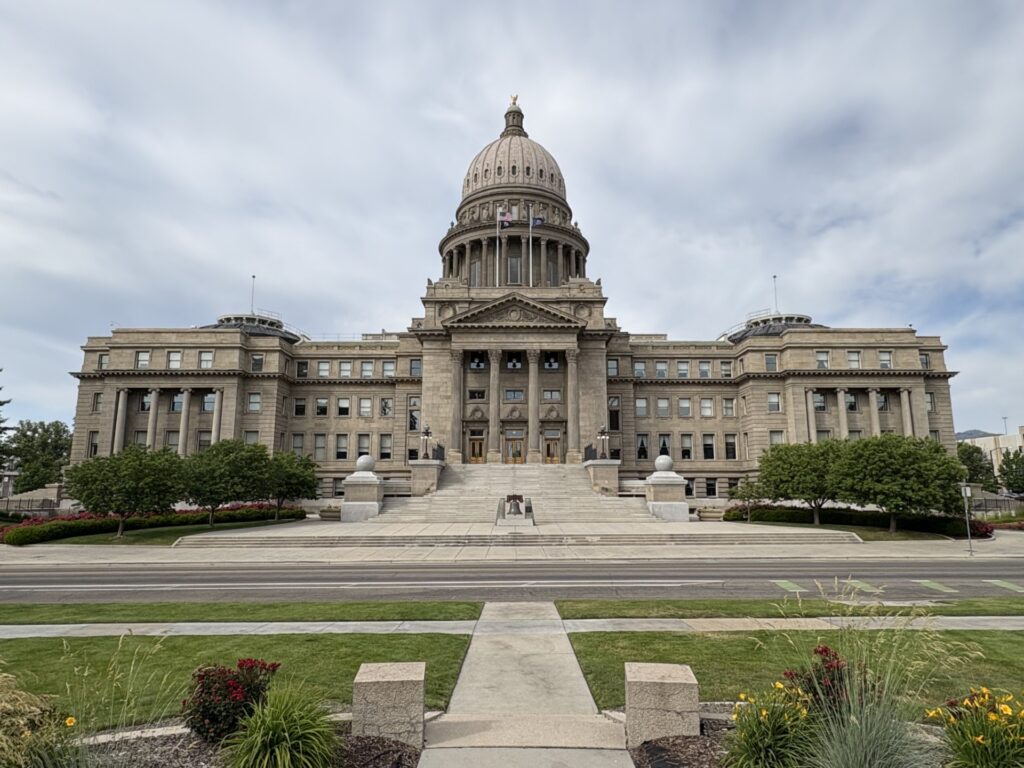On Thursday, June 5, Governor Brad Little announced that the Idaho State Police will partner with U.S. Immigration and Customs Enforcement to transport undocumented or unauthorized incarcerated immigrants to ICE facilities for deportation.
ISP will target people who have been convicted of a crime and are not authorized to be in the U.S. Instead of being released to the community upon the end of their sentence, unauthorized inmates will be transported to ICE detention centers in Idaho.
ISP is seeking $300,000 to transport released undocumented inmates from Idaho jails or prisons to ICE facilities, according to state officials. The Idaho State Board of Examiners must approve this funding request before any transfers can begin. The final vote will take place on Tuesday, June 17 at 9 a.m., according to KTVB.
ISP plans to carry out about 100 transports over the next 12 months. Higher-profile convicts may be moved to out-of-state detention centers.
“Idaho is stepping up to help the Trump administration transport dangerous illegal alien criminals to ICE facilities instead of being released back into our communities,” Little said in a June 5 press release.
This decision was made in accordance with the continuing deportation plans of President Donald Trump’s administration. For the Idaho Legislature, it follows in the footsteps of Little’s executive order to encourage federal agencies to continue working with ICE and House Bill 83, which allows the deportation of undocumented immigrants suspected of a crime and makes “trafficking a dangerous illegal alien” a felony.
HB 83 was signed by Little on March 27. Within days, the Idaho American Civil Liberties Union sued the state, and the bill has been blocked since by a federal judge.
Rebecca De León, a spokesperson for the ACLU, wrote in an email to The Argonaut, “The recent partnership between ISP and ICE is a chilling piece of a larger national push to weaponize local police forces against their communities. Such partnerships erode trust, stoke fear, and bring up concerns about the government’s role in monitoring and policing the people it governs.”
Under Section 287(g) of the U.S. Immigration and Nationality Act, also known as the 287(g) Program, the Department of Homeland Security can delegate immigration enforcement tasks to state and local law enforcement officers.
“We are closely monitoring the increase in 287(g) agreements under the Trump Administration, and are concerned about the potential for constitutional violations under these agreements, as state and local law enforcement are not prepared or equipped to enforce federal immigration law,” De León wrote.
State officials have said that ISP will only be targeting undocumented immigrants currently serving criminal sentences, though many have raised concerns about racial profiling and distrust in the police within Latino and Indigenous communities in Idaho.
Hilary Valdez can be reached at arg-news@uidaho.edu.
